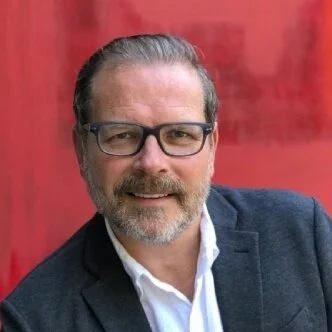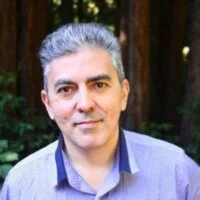Climate Education: Does Healing the Planet Begin in the Classroom? - BRYCE COON - Director of Education - EarthDay.ORG
/Director of Education · EarthDay.ORG
If you talk to a young person about the climate crisis, they tend to have one of two responses. They either feel like we're not doing enough, and they're advocating for more. The other response is that students would just shut down and wouldn't want to talk about it. I believe introducing climate education is key to addressing that climate anxiety and providing students with climate optimism, hope and solutions.

















